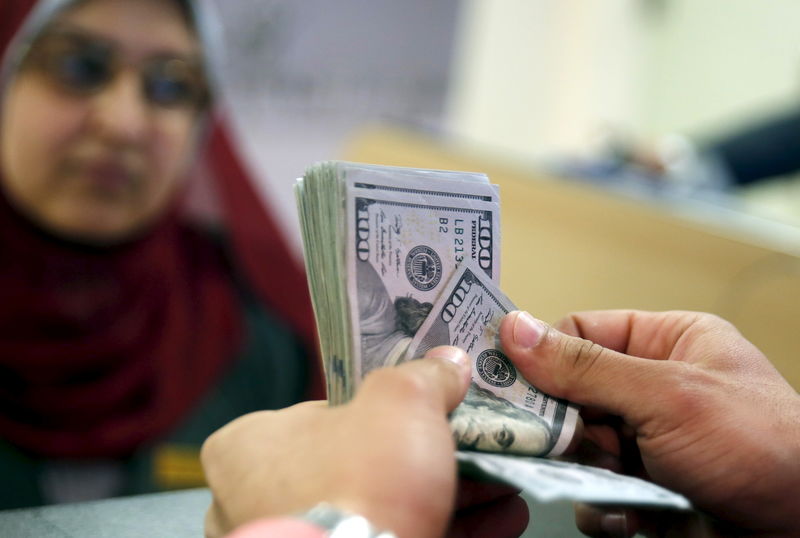By Anirban Nag
LONDON (Reuters) - The yen powered to a 17-month high against the dollar on Thursday, with the U.S. currency broadly under pressure after minutes of the Federal Reserve's meeting last month underscored its caution about future interest rate hikes.
The yen's surge -- up 9.6 percent against the dollar so far this year -- led to more warnings of action from the Japanese who are concerned about a strong currency dampening exports. A senior Japanese finance ministry official said it would take steps in the market as needed.
Bank of Japan Governor Haruhiko Kuroda also repeated that the central bank would ease policy further if needed, but there are doubts over how effective that would be.
The dollar fell 1 percent to 108.65 yen
"We are in a broad-based soft dollar environment and given the yen is cheap in relation to its long-term fundamentals, it is not surprising it is outperforming," said Petr Krpata, FX strategist at ING.
"The rise is leading to speculation of intervention by the Japanese. But we think the bar for that is pretty high and we are not seeing any major risk-off event."
The market is sceptical about the chances of yen-selling intervention ahead of a G7 summit that Japan is hosting in May, said Satoshi Okagawa, senior global markets analyst for Sumitomo Mitsui Banking Corporation in Singapore.
"It may be tough for Japan's MOF to take the initiative and charge toward intervention," Okagawa said, referring to the ministry of finance, which has jurisdiction over Japan's currency policy.
"If the dollar were to suddenly fall below 100 yen, that may justify action to adjust the speed of the moves, but I think that would be a last resort."
The dollar index, which tracks it against a basket of six major currencies, fell to 94.015 (DXY), its lowest since October last year.
Minutes from the Fed's March 15-16 policy meeting suggested that the central bank appears unlikely to raise interest rates before June due to widespread concern among policymakers over their limited ability to counter the blow of a global economic slowdown.
The minutes showed debate over whether they might increase rates in April with "a number" of them arguing that headwinds to growth would probably persist, and many urging caution about raising rates.

The euro was up 0.2 percent at $1.14205
(additional reporting by Masayuki Kitano; editing by John Stonestreet)